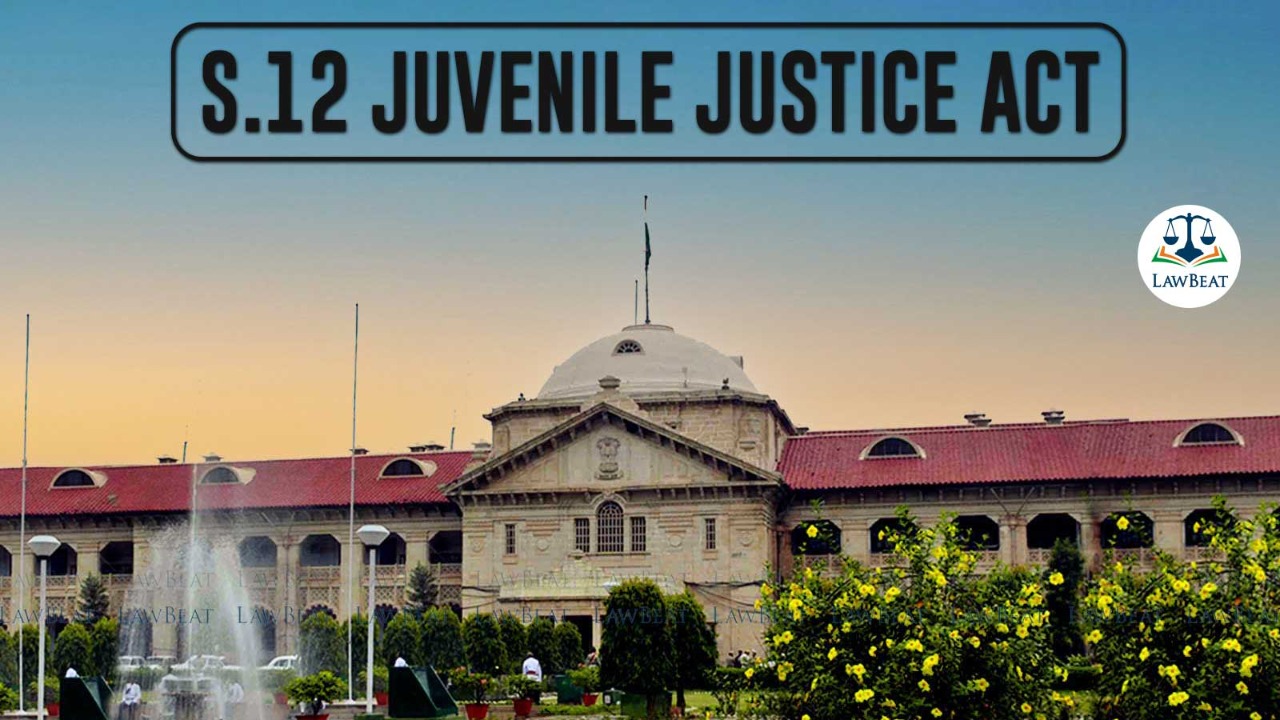Allahabad HC refuses to set aside orders denying bail to juvenile accused of killing army Hawaldar who tried stopping girl's gang rape

Taking note of the manner in which the murder was committed, the single-judge bench opined that keeping in mind the reformative goals of the JJ Act, the bail can definitely be denied when it is found that if released on bail, the juvenile may not get such counseling and reformatory services as may be needed for his own betterment.
The Allahabad High Court recently dismissed a revision plea moved by a juvenile against the order of the Special POCSO Judge who had affirmed the order of the Juvenile Justice Board declining bail to the juvenile.
The bench of Justice Jyotsna Sharma observed that the juvenile, who had been found of the age of approximately 15 years and 6 months on the date of the incident, was allegedly involved in the murder of an Army personnel mercilessly thrashed by him and his six other associates and gang rape of a girl of 19 years.
As per the prosecution case, the deceased Army Hawaldar was brutally beaten up by the accused in the case, when he protested the gang rape of the victim girl.
Justice Sharma opined that not only for the juvenile's own betterment, who might be in real need of counseling and reformatory services, but also in the interest of society, no interference was required in the impugned orders. "It cannot be denied that the juvenile if released, may fall in the same hands and in the same environs from which he needs to be rescued for his own welfare," the judge said.
Moreover, referring to the provisions of Section 12 of the Juvenile Justice Act, 2015, Justice Sharma further observed,
"Ordinarily, the merits of the matter may not be unduly important where the Courts are inclined to give the benefit of bail as envisaged in Section 12 of the Juvenile Justice Act and this is not to say that once a person is found a juvenile, it is mandatory to grant him bail and that gravity and the merits of the matter shall have no relevance, however, the nature of the crime and factors connected thereto never went into oblivion and this particular aspect has been usefully illuminated by the Courts time and again".
She opined that the nature of the offence and merits of the matter may assume ample significance when the Court has to form an opinion about the ends of justice. "It may be noted that the phrase 'ends of justice', cannot exist in a vacuum. Unarguably and undeniably, the Courts are under obligation to address the concerns of both the sides and strike a delicate balance," she said.
She further observed that when viewing the matters of bail from this particular angle of deciphering the ends of justice, not only the nature of crime, but also the manner of commission thereof, methodology applied, the mental state, the extent of involvement, the evidence available shall be the factors to reckon with.
"To my mind, from this particular point of view, no artificial line can be drawn to differentiate cases of juvenile above 16 years from those who are found just below 16, in ordinary circumstances," Justice Sharma held.
Therefore stressing that in the present matter, the concerned juvenile was marginally below 16, the judge, while keeping in view the gravity and nature of the offence, the manner of its commission, decided to dismiss the revision petition.
A case was lodged under Sections 302/34, 376D, 147 and 148 of the Indian Penal Code with the allegations that the deceased Ashutosh Kumar Singh, Hawaldar in Army, was mercilessly thrashed by some boys who had also committed gang rape on the 19-year-old victim girl.
Allegedly, the juvenile along with six others committed gang rape on the victim and attacked the deceased, thrashed and killed him by giving him blows from some blunt object when he protested.
The juvenile sought relief before the high court alleging that there was no eye witness to show his involvement in the case and the FIR was lodged on the basis of suspicion only. His counsel alleged that the Juvenile Justice Board and the appellate Court declined bail to the juvenile on the basis of observation as if he had committed the crime and was guilty.
However, the counsel for the state government submitted that there had been enough material to prima facie show the involvement of the juvenile in the murder. The victim herself disclosed the incident and gave an eye-witness account, he told the court.
Case Title: X(Minor) v. State of U.P. and Another
